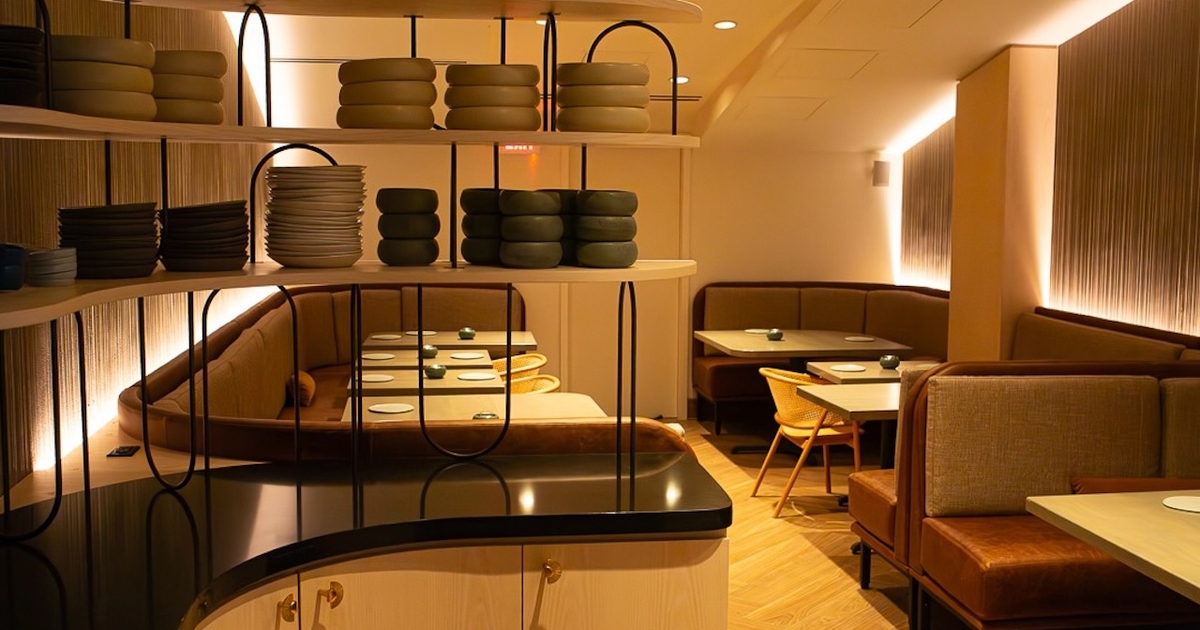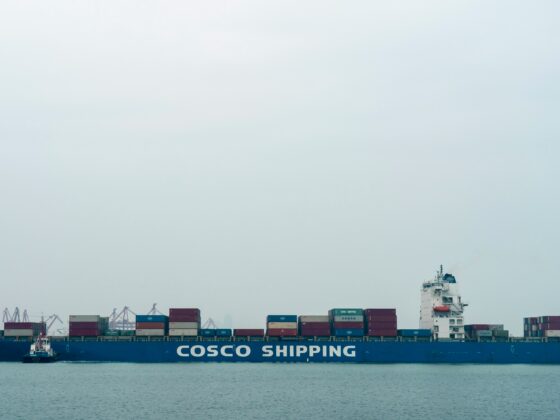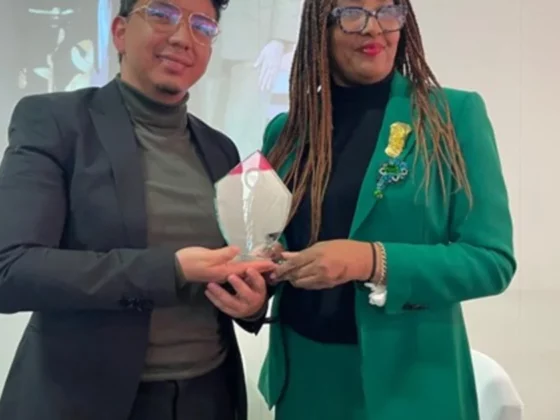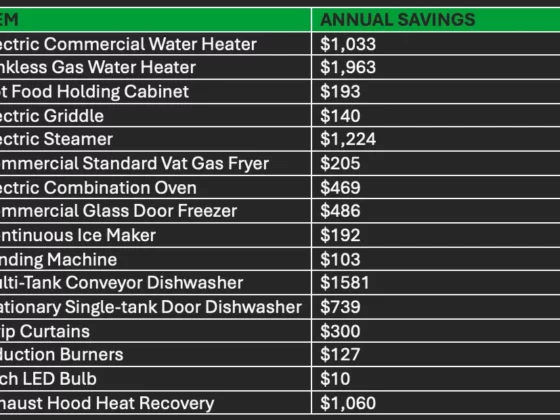
Korean fine-dining restaurant, Shia, has released a plastics usage report as part of the Washington, D.C., restaurant’s goal of going plastic-free.
Since November 2024, Shia has been taking steps toward becoming a more sustainable operation, including the elimination of plastics.
The report, created in partnership with OpenTable, was published as a template for other restaurants to undergo similar sustainability-focused changes and includes price differences between the traditional use of plastic and the more sustainable alternative.
Over the past seven months, the report indicates that Shia has prevented about 229-351 kilograms (between 0.23 to over 0.35 metric tons) of plastic waste from being thrown away and entering landfills.
As per the report, Shia leadership identified 31 common points of plastic use in the restaurant and provided alternative solutions. For example, instead of plastic cling wrap, restaurants can use muslin fabric to store food, which can also help to better protect produce, especially when soaked in water. Alternatives include beeswax (Shia makes its own) and cheesecloths.
Another common use of disposable plastic is with deli containers. In the plastics report, Shia notes that ceramic, steel, and glass containers are viable and more sustainable alternatives, and that the restaurant uses a combination of all three.
“I’ve been trained to use deli or plastic quart containers in every kitchen I’ve ever worked at,” Shia executive chef and owner, Edward Lee, said in a statement. “At first it seemed wild not to store items that way, but once we committed, it wasn’t really that hard — and it was really easy to get used to.”
The report indicates that many of these sustainable swaps have a higher initial investment cost, though that will taper off over time as reusable containers don’t have to be purchased as often as single-use plastics. For example, while deli containers can cost up to $500 monthly, ceramic, steel, and glass containers can cost several thousand dollars upfront.
Other eco-friendly solutions, however, can cost less than the plastic product, like swapping plastic gloves for increased handwashing.
“Our data has shown that disposable gloves can be one of the most abundant single-use materials in a kitchen, and this wasteful process is deemed unnecessary if proper handwashing techniques are enforced,” the report reads. “A proper hand washing policy, along with being in accordance with all other safety and health measures, is believed to be the safest method for food preparation.”
Some of the most challenging swaps, Lee said, were finding affordable alternatives to brooms, trash bins, and scissors — all of which use plastic.
The report is designed to inspire other restaurant operators to rethink how they are using plastics in their kitchens, and not to aim for perfection.
“The whole purpose of Shia is to collect data, do trial and error, and then publish our findings,” Lee said in a statement. “We aim to inspire every restaurant to do whatever they feel comfortable with, even if it means only going 15% plastic free. That is how we create momentum — by inviting everyone to join in whatever capacity they can.”
At the one-year mark, Shia plans to release a financial report on the cost differential of running a zero-plastic restaurant. Then moving forward, it will dive deeper into finding plastic-free solutions and strategies for reducing plastic usage across the restaurant industry.
Contact Joanna at [email protected]






